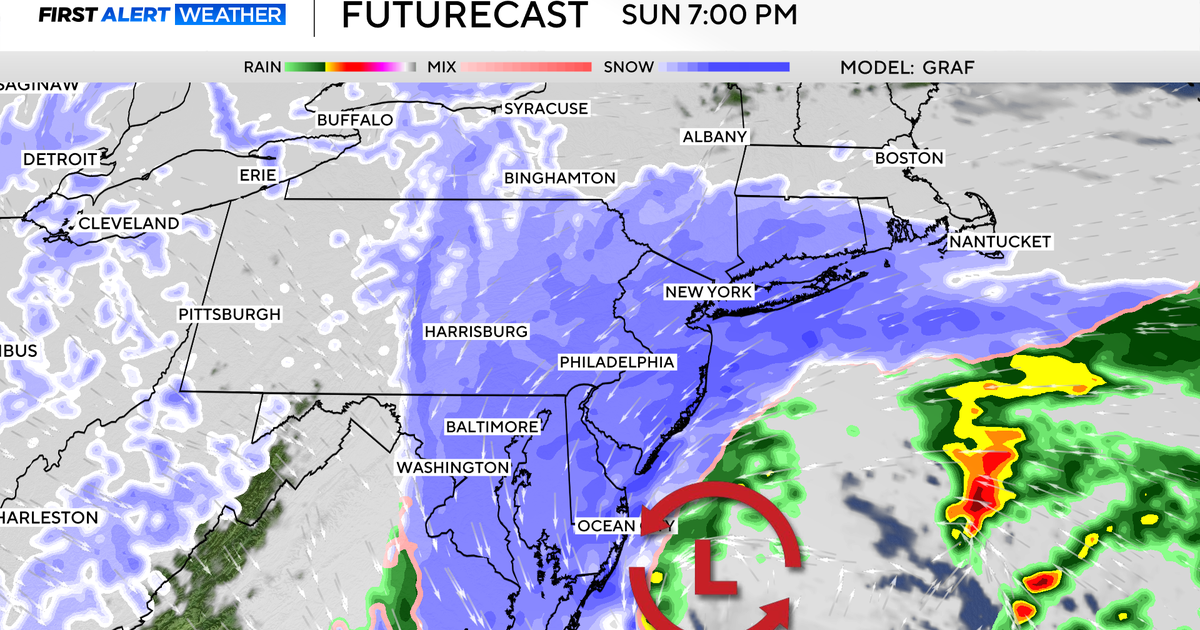No, the U.S. is not going to run out of diesel fuel in 25 days
A major U.S. diesel fuel supplier warned of an oil "shortage" on the East Coast on Monday and suggested that it could cause prices on a variety of consumer goods to rise in the near term.
But while inventories of diesel and gasoline are lower than they historically have been, the tight supply of diesel fuel is no cause for panic, and the U.S. is not going to run out of it, according to energy market experts.
On Tuesday, headlines indicating that the U.S. is down to a 25-day supply of diesel proliferated. Fox News host Tucker Carlson last week tweeted that "this country is about to run out of diesel fuel."
The current limited supply, however, does not mean the U.S. will be out of diesel — used to fuel trucks and heating systems — in that time period.
"Inventories of diesel and gasoline are down below five-year averages, and if the entire world were to stop, we would have 25 days worth of diesel. But the world doesn't stop. We're not counting on it stopping," Ed Hirs, a professor of energy economics at the University of Houston, told CBS MoneyWatch.
He likened the situation to a grocery store's supply of milk at any given time.
"Your grocery store may have an inventory of three days of milk. That's because they only have three days' worth at any given point. But the cow keeps milking, the farmer keeps sending milk, the dairy keeps delivering," Hirs said.
Added energy expert Patrick De Haan of GasBuddy: "What a lot of people are taking is that number means we're going to run out in 25 days from whenever. That is not the case. That is a number that changes by fractions every week. It is representative of, if refineries across the country completely shut down, we would have 25 days of coverage."
Refining capacity under strain
That said, a number of factors are currently weighing on the domestic supply of diesel fuel. The tighter-than-usual supply stems from events that took place as long ago as 2019.
Russia's war on Ukraine, refinery shutdowns due to COVID-19 and Hurricane Ida and a fire explosion at a Philadelphia refinery back in 2019 have all contributed to reduced refining capacity of roughly 1 million barrels per day, according to De Haan.
"Because the nation is dealing with less refining capacity than in early 2019, and at the same time the reopening of the economy went from zero to 100 miles per hour, there was a letting out of pent-up demand and the system is now under strain," he told CBS MoneyWatch. "As demand starts to throttle back, I expect modest improvements down the line, not necessarily [in the] next few weeks."
Europe has also stopped purchasing oil from Russia as a result of its attack on Ukraine, leading to more competition for diesel fuel for the Northeast.
"Europe is turning to other places than Russia to buy fuel and it's competing with the Northeast for a finite amount of diesel," De Haan said.
However, none of this means the U.S. will run out of diesel.
"It's not real," Hirs, the economics professor said, referring to rumors that the U.S. might soon run out of diesel.
In terms of supply on hand, the U.S. is down about 15% compared to last year, and 31% compared to two years ago, according to Hirs' calculation.
"Now we have 25 days' supply when we would ordinarily have around 35 to 40," he said.
The only way there would be a run on diesel is if buyers panic and start stockpiling, Hirs said, adding, "That could cause an issue."
The price of diesel fuel remains high, at around $5.30 a gallon. "Ahead of the holidays, this will be something that keeps the price of goods higher," GasBuddy's De Haan said.
Higher delivery costs
While the diesel shortage won't affect consumers at the pump, it could squeeze them in store aisles.
If logistics and delivery services are paying more for fuel, some of those increased costs will be passed down to shoppers, and could exacerbate inflation in the near term and throughout the holiday season.
"Consumers won't feel it when filling up with gasoline, but as they shop for the holidays, the cost of goods will be higher," De Haan said. "It will contribute to some level of inflation."
He noted that Amazon Prime this year hiked the price of an annual membership that offers perks like expedited shipping on online orders by 17%.
"Amazon is flying more planes and paying more to do it. Higher fuel prices are baked into the cost of what you're paying for Prime," he said.



